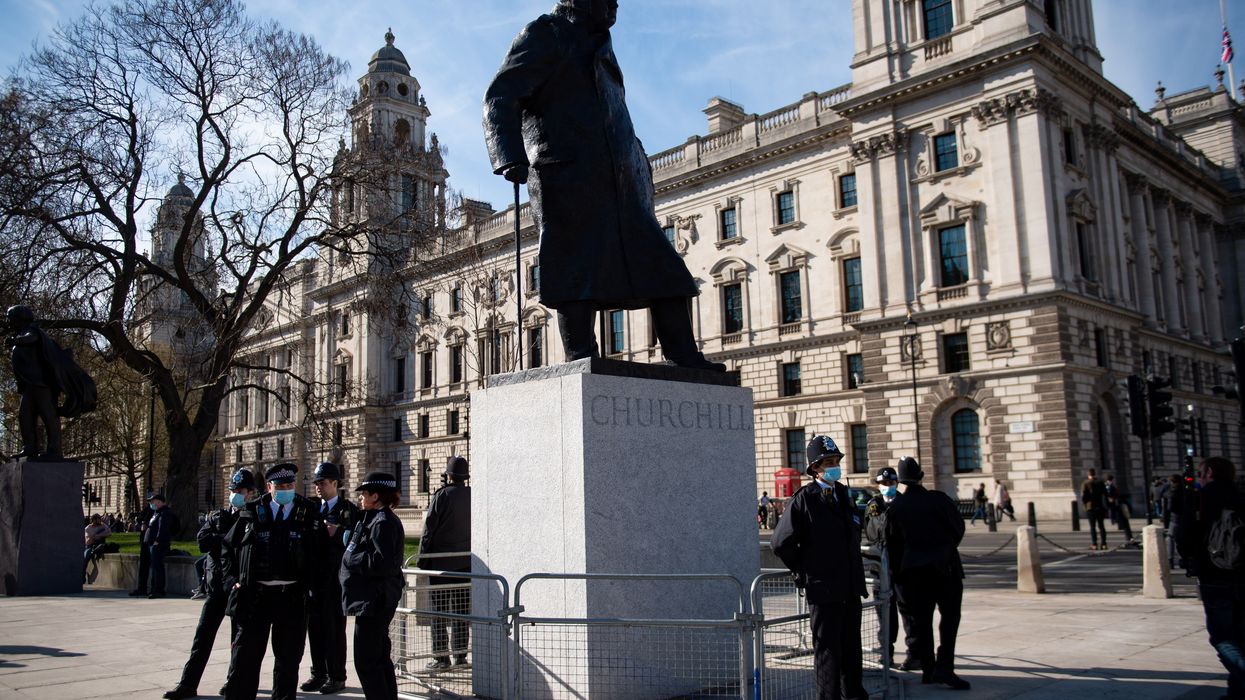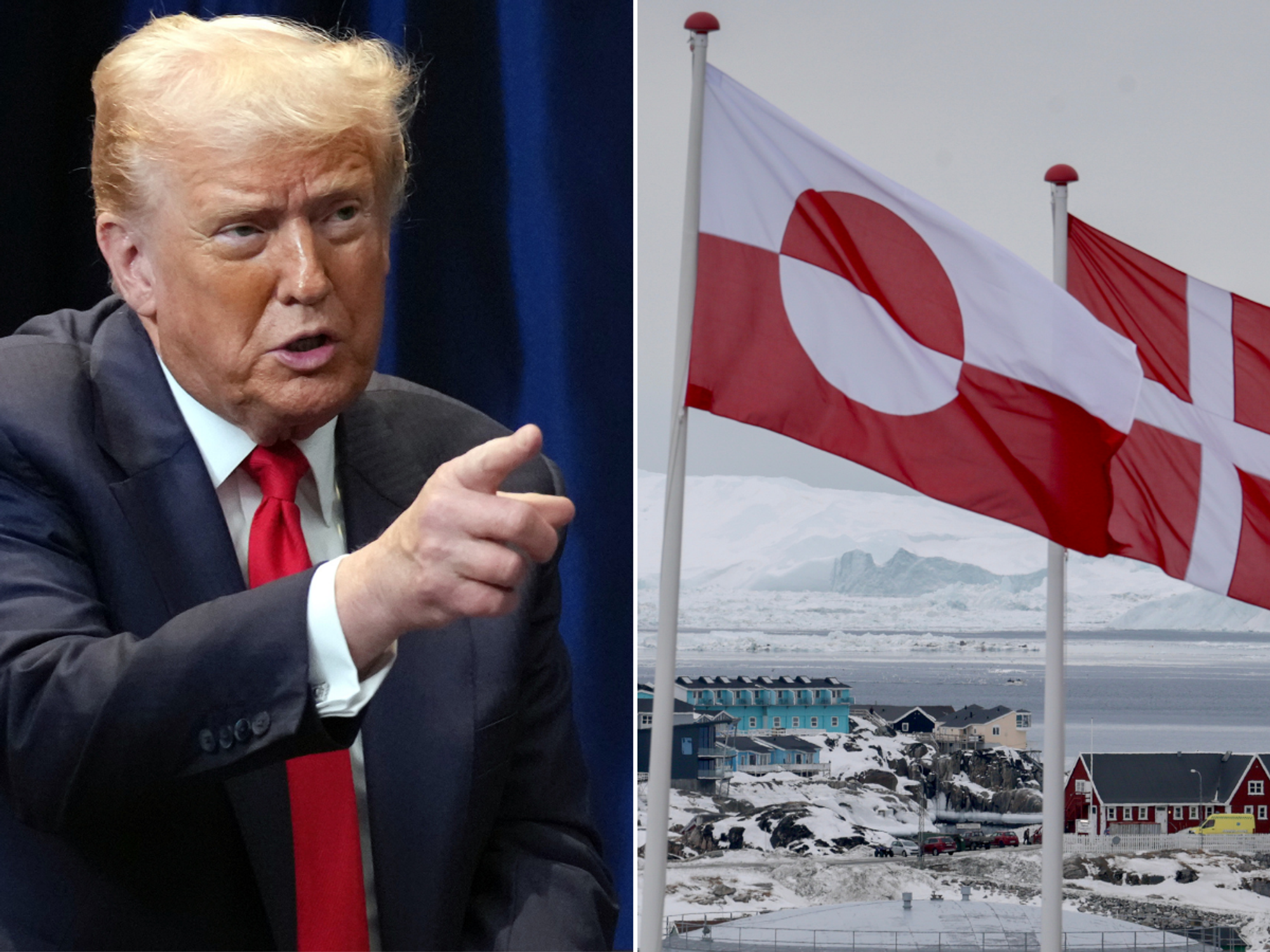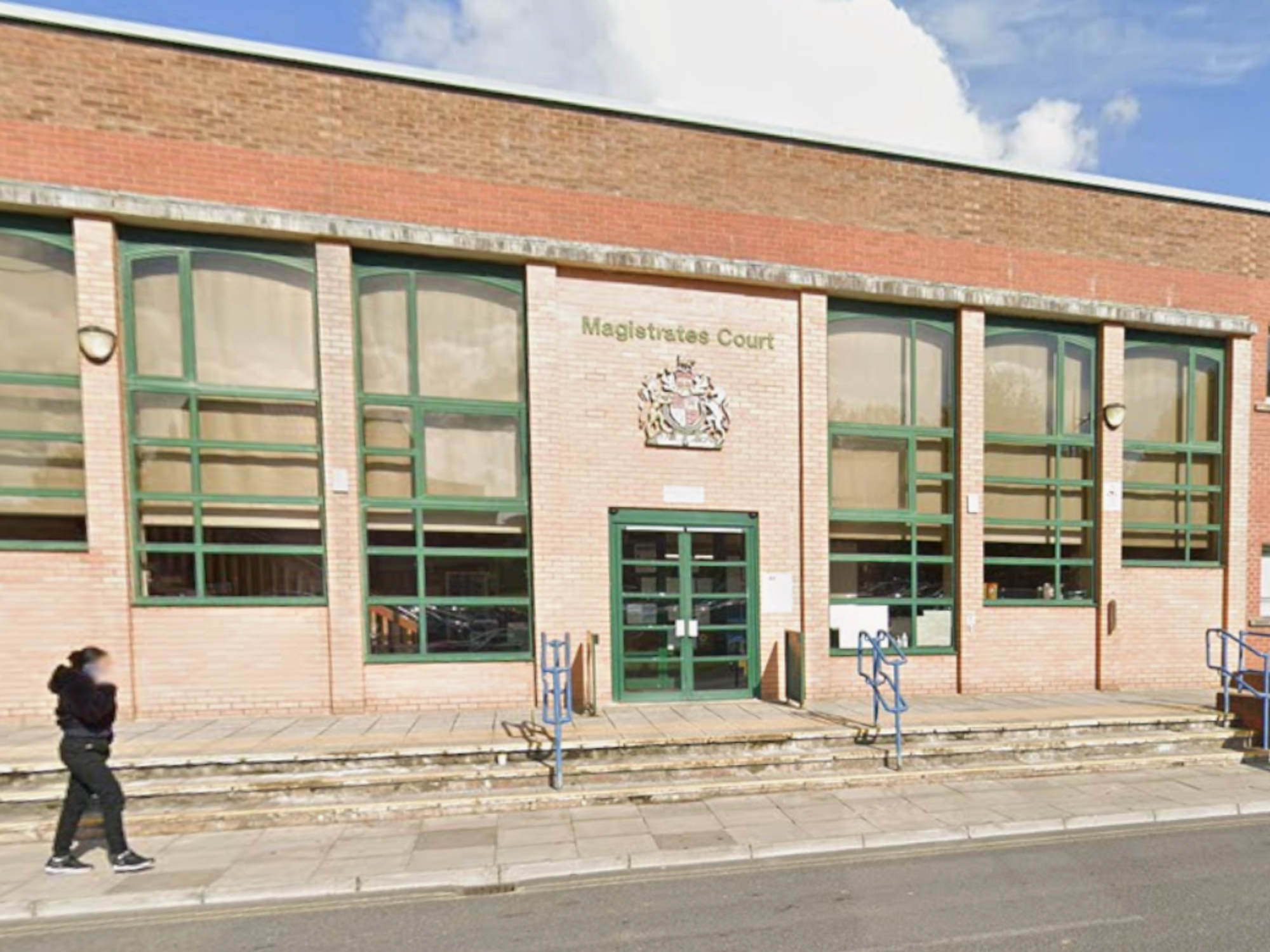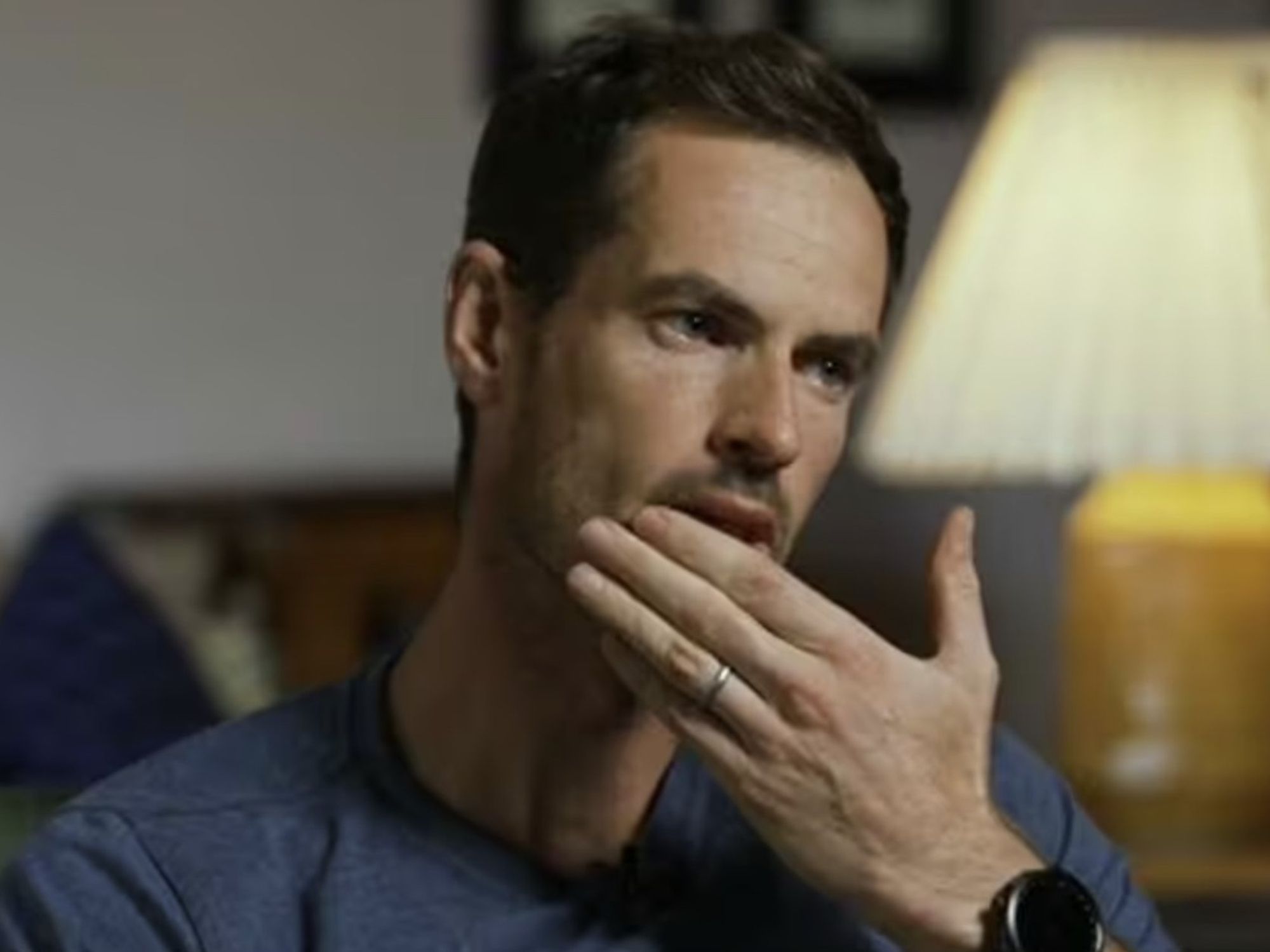Accusing statues of racism isn't woke - it's just idiotic - Nigel Nelson

Winston Churchill's statue has proven to be contentious | PA

Nigel Nelson is a GB News commentator
Don't Miss
Most Read
Woke is such an overused word it has come to mean different things to different people. Which is why every time I’m accused of being woke all I can be sure of is it’s not a compliment.
So when former Reform deputy leader Ben Habib threw the word into our spirited Britain’s Newsroom conversation on GB News I pressed him to define it.
Ben reckons woke means promoting the interests of minorities over those of the majority. Which is some way from its original meaning of being awake to social and racial injustice.
But neither quite cover the Albert Memorial in London’s Hyde Park being branded “offensive” by today’s standards which GB News presenter Nana Akua described as woke nonsense.
The 176 foot high monument is one of London’s most recognisable landmarks.
It was ordered by Queen Victoria in 1872 to honour the memory of her late husband Prince Albert and features a gold statue of the prince with four smaller ones representing the world’s four continents.
It is these which are now causing controversy.
The Royal Parks agency website said that they reflect “a Victorian view of the world” which is a statement of the bleeding obvious given it was Victoria who had them built.
That’s like criticising Stonehenge for reflecting a Stone Age view of the world.
Racial stereotyping is the issue here. Asia is depicted as a woman on an elephant, America as a native American with a bison, and Africa as a woman riding a camel.
The African sculpture catches some extra flak for also including a white European woman reading a book to a black African tribesman.
The Royal Parks website said: “Though the Empire has traditionally been celebrated as a symbol of British supremacy, many today consider this view as problematic because colonialism often relied on the oppression and exploitation of people, resources and cultures.”
The blog post containing these remarks has now been taken down and rightly so.
Let’s not worry over whether the author was woke or not and accept that he/she/they was just daft.
We cannot expunge Britain’s past, only avoid repeating its mistakes. That’s why the statues of slavers should remain in place to remind us what they got up to.
In Oxford there are memorial plaques set in the pavement to mark the spots where Mary I executed Protestant martyrs.
Leaving them there does not imply modern approval for burning at the stake.
Colonialism does have a checkered history. We got some things right and messed up others. The British were appalled when they came across sati in India, the practice of throwing willing - and unwilling - Hindu widows on the funeral pyres of their dead husbands.
In Bengal alone nearly 8,000 women died this way between 1813-25.Banning it was the right thing to do but not easy.
The British faced stiff local opposition for interfering in long-held religious customs and it was one of the seeds that grew into the Indian Mutiny.
Colonial governors were aware they could have enjoyed a quieter life by leaving well alone.In the meantime we screwed up the caste system which, before our arrival, had some upward - and downward - mobility. By insisting on its inclusion on ID cards we set it in stone.
But it is a fool’s errand to look at the past through the distorting prism of the present, measuring the lives and behaviour of those who came before us by superimposing our own standards and values on theirs.
We recoil in disgust at the cruelty of cock fighting and bear baiting which was only finally outlawed in 1835, and yet can we be sure that by 2135 the Grand National will still be going given 89 horses have died so far running it?
Recognising what we did in the past was neither wholly good nor wholly bad, and learning from it, should be no more of a stretch than embracing other peoples and other cultures in the present. Though sometimes we’re not so good at that either.
We have just returned from a holiday in Turkey, bolstered by so many GB News viewers and listeners taking to social media hoping we had a lovely time. Thanks all. We did.
Muslim Istanbul (like Christian Constantinople before it) remains the spaghetti junction of East and West, a melting pot of inhabitants and visitors from all countries and cultures who seem to rub along well together.
On a dinner cruise along the Bosphorus we were in the company of Uzbeks, Croatians, Pakistanis, Saudis, Iraqis, Nepalese, Tunisians, Japanese, Australians, Americans and Russians (only the day after Moscow had caused international outrage by bombing a Ukrainian children’s hospital).
Each table, adorned with its national flag, was invited to perform its national dance. Ours for the UK was, curiously, Night Fever and I gave it my best John Travolta.
The Russians, though, looked a little apprehensive when they took to the floor.
But they were egged on and applauded as loudly as everyone else which felt right despite the war.
Perhaps the United Nations would be a little less fractious if it held its meetings sailing down a river...but that might be too woke a suggestion of course.










